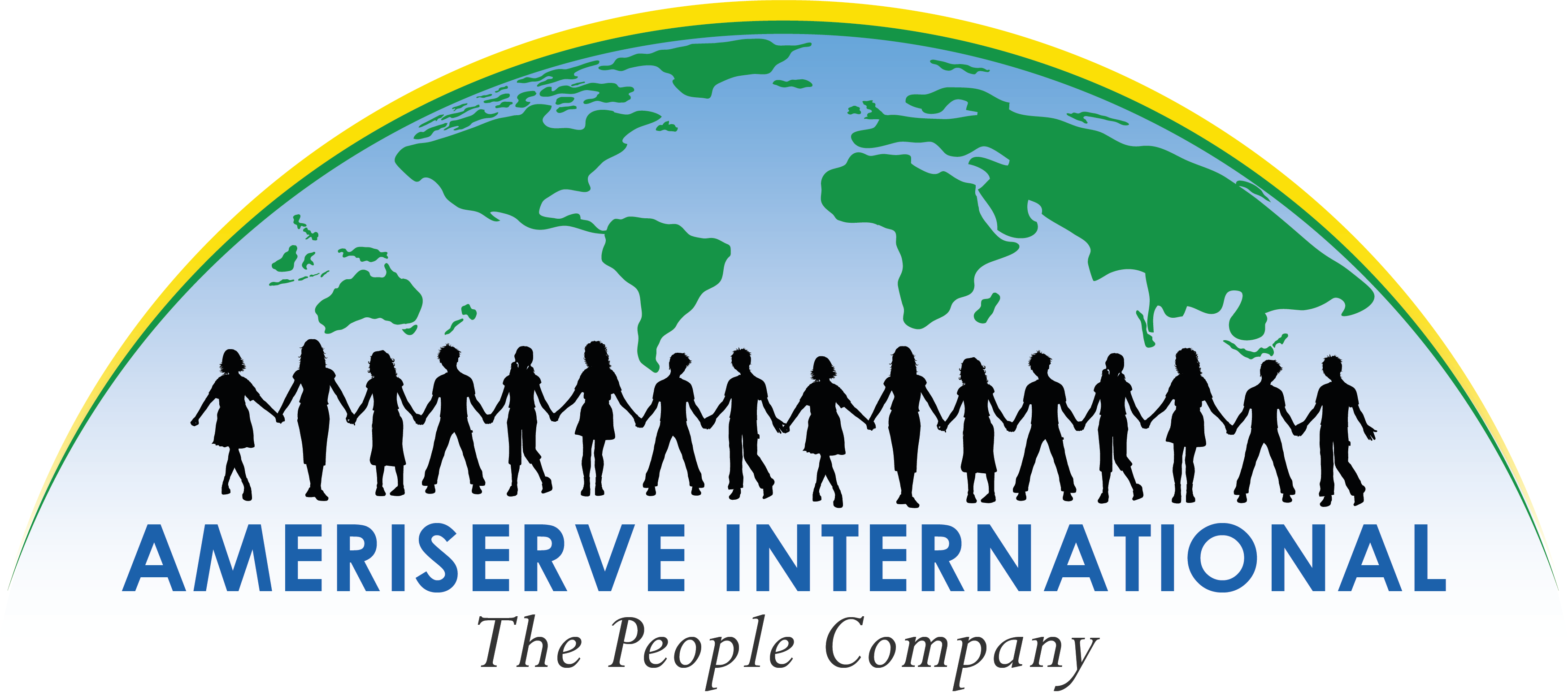The Role of Family & Guardians in Home and Community Based Services
Discover the crucial role of family and guardians in Home and Community-Based Services (HCBS). Learn how their involvement enhances care and supports individuals with disabilities.
Home and Community-Based Services (HCBS) provide essential support for individuals with disabilities, helping them live more independently in their communities. Family members and guardians play a pivotal role in the effectiveness of these services. This blog post explores the importance of their involvement and how they can actively contribute to the well-being of their loved ones.
Understanding HCBS
What Are Home and Community-Based Services? HCBS encompass a range of services designed to support individuals with disabilities in their own homes and communities. These services include personal care, day habilitation, supported employment, and more.
Why Family and Guardians Matter The involvement of family and guardians is vital because they provide emotional support, advocate for the individual’s needs, and ensure that care plans are tailored to the individual’s preferences and requirements.
The Role of Family and Guardians in HCBS
Active Participation in Care Planning Family members and guardians should be involved in developing and reviewing care plans. Their insights and knowledge about the individual’s needs, preferences, and history are invaluable in creating a comprehensive and effective care plan.
Advocacy and Communication
- Advocating for Services: Families and guardians often need to advocate for the appropriate services and supports. This includes communicating with service providers, healthcare professionals, and policymakers.
- Maintaining Open Communication: Keeping an open line of communication with service providers ensures that the care plan is followed and adjusted as needed.
Monitoring and Feedback Regularly monitoring the individual’s progress and providing feedback to service providers is crucial. This helps in identifying any gaps in care and making necessary adjustments to improve outcomes.
Supporting Independence
Encouraging Skill Development Families and guardians can support skill development by:
- Promoting Daily Living Skills: Encouraging individuals to participate in activities such as cooking, cleaning, and personal hygiene.
- Fostering Vocational Skills: Supporting efforts to find and maintain employment, including job readiness training and on-the-job support.
Creating a Supportive Environment A supportive home environment is essential for fostering independence. This includes:
- Adaptations and Modifications: Making necessary adaptations to the home to accommodate the individual’s needs.
- Positive Reinforcement: Encouraging and praising efforts to complete tasks independently.
Emotional and Social Support
Providing Emotional Support Family members and guardians offer crucial emotional support, helping individuals navigate the challenges of daily life and build resilience.
Facilitating Social Connections Encouraging participation in social activities and community events helps individuals build relationships and reduce feelings of isolation. This can include:
- Joining Clubs and Groups: Finding local groups that align with the individual’s interests.
- Organizing Social Gatherings: Hosting gatherings with friends and family to promote social interaction.
Legal and Financial Advocacy
Understanding Legal Rights Guardians and family members should be knowledgeable about the individual’s legal rights, including those related to education, employment, and healthcare. This ensures that they can effectively advocate for their loved one.
Financial Planning and Management Effective financial planning is crucial for securing the individual’s future. This can involve:
- Applying for Benefits: Ensuring the individual receives all eligible benefits, such as SSI or SSDI.
- Managing Finances: Helping with budgeting and managing expenses to ensure financial stability.
Collaborating with HCBS Providers
Building Strong Relationships Developing a strong, collaborative relationship with HCBS providers is essential. This involves:
- Regular Meetings: Scheduling regular meetings with providers to discuss progress and any concerns.
- Shared Decision-Making: Ensuring that decisions are made collaboratively, with input from the individual, family, and service providers.
Training and Education Families and guardians should take advantage of training opportunities provided by HCBS providers. This can include:
- Understanding Care Techniques: Learning about specific care techniques and strategies.
- Staying Informed: Keeping up-to-date with best practices and new developments in care for individuals with disabilities.
FAQ
Why is family involvement in HCBS important? Family involvement is crucial because they provide emotional support, advocate for the individual’s needs, and ensure that care plans are personalized and effective.
How can families support skill development? Families can encourage participation in daily living and vocational activities, provide positive reinforcement, and create a supportive home environment.
What legal rights should families be aware of? Families should understand the individual’s rights related to education, employment, healthcare, and benefits to effectively advocate for them.
How can families build strong relationships with HCBS providers? Regular communication, shared decision-making, and attending training sessions can help build strong, collaborative relationships with HCBS providers.
What role do families play in financial planning? Families assist with applying for benefits, managing finances, and ensuring financial stability to support the individual’s long-term well-being.
How can families facilitate social connections? Encouraging participation in social activities, joining clubs and groups, and organizing social gatherings help individuals build relationships and reduce isolation.
Conclusion
The role of family and guardians in Home and Community-Based Services (HCBS) is multifaceted and vital for the success and well-being of individuals with disabilities. Their involvement in care planning, advocacy, support, and collaboration with service providers enhances the quality and effectiveness of HCBS. By actively participating and providing consistent support, families and guardians can help their loved ones achieve greater independence and a higher quality of life.
